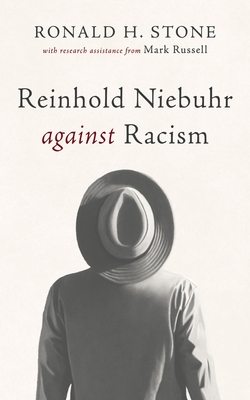This is Ronald Stone's fifth book on his mentor and friend Reinhold Niebuhr. For the first time he analyzes all of Niebuhr's writings on race to correct the academic work of critics of Niebuhr who have ignored Niebuhr's creation of institutions fighting white supremacy in the South and who commented on Niebuhr while not reading his complete works. It also publishes the text of his work as chairman of the mayor's committee on race in the strife-torn Detroit of 1926. Stone argues that Niebuhr's work in total provides a complex theory for white and Black leaders to overcome white supremacy. Niebuhr combines idealism and realism in the bulk of his work, which is summarized in the two words of his well-known social theory: Christian Realism. Both words need to be recognized to understand the depth of Niebuhr's synthesis. As early as 1932, Niebuhr recognized the need for minorities to use economic power and Gandhian nonviolent strategies to overcome color or caste discrimination. As late as the year of his death in 1971 he recommended to the Bicentennial Commission, as one of three national priorities, the overcoming of the racial discrimination that threatened American democracy. Racism as sin is central to his theology, and the breaking of white supremacy is essential to his hundreds of essays and editorials against racial discrimination and to democratic theory. As editor of Social Action in 1968 Stone published "The Fate of the Negro in a Self-Righteous Nation," widely regarded as Niebuhr's best essay on the subject and marking Niebuhr's late analysis and his development between the two commission reports of 1926 and 1968. Another relatively unknown source of Niebuhr on racism is the seminar he taught from 1966 to 1968. It is reconstructed by Stone from the class notes of the seminar in which he served as class assistant. To complete the circle, James Cone asked Stone to lecture in his seminar the last three years he offered the seminar on Reinhold Niebuhr.










